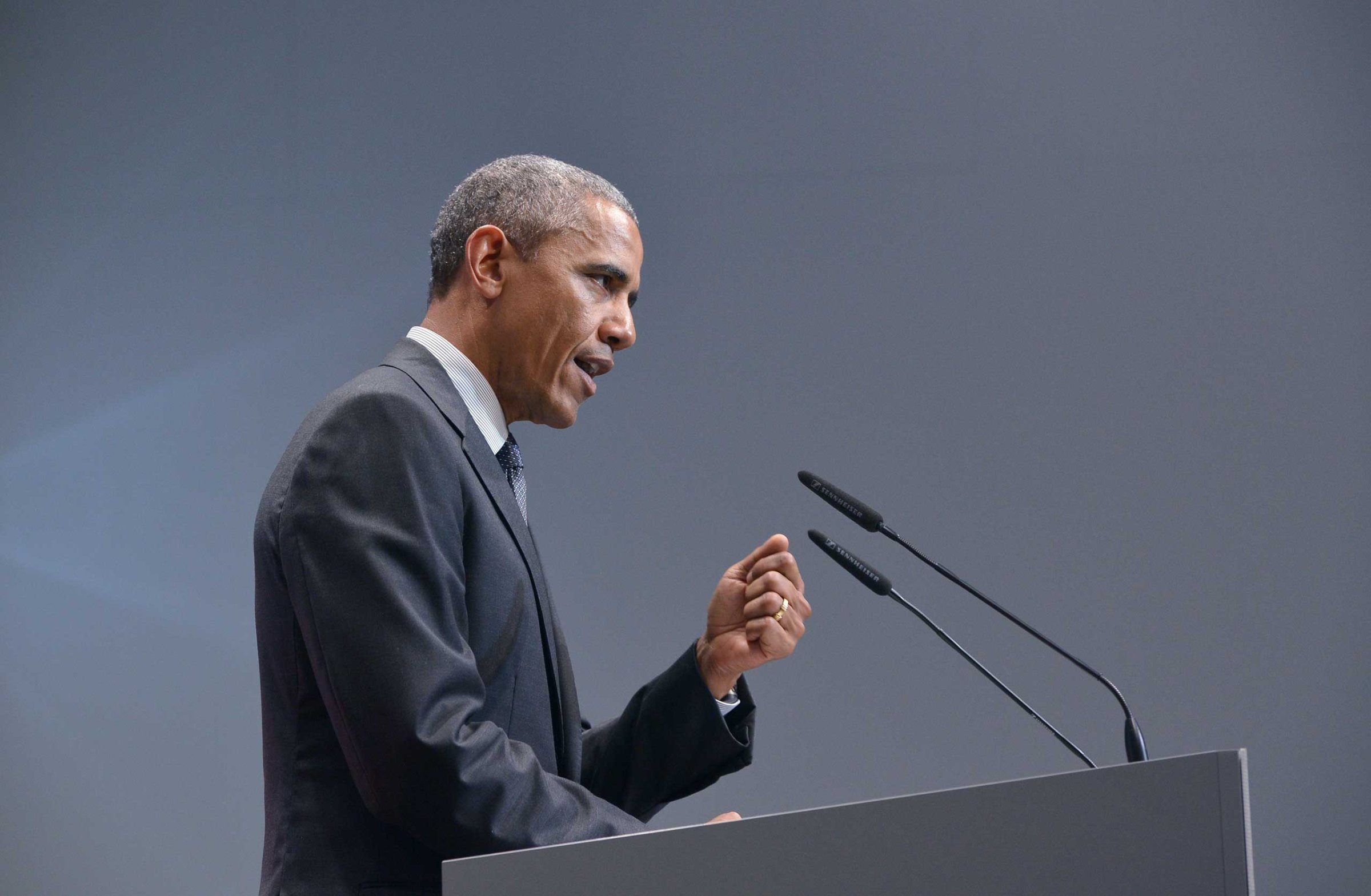
With each passing day, it seems the stakes climb higher in Greece’s game of chicken with Europe. What is Washington’s attitude toward all this? The U.S. needs a solid, stable E.U. to coordinate on foreign policy priorities like Russia, ISIS and the rise of China. The U.S. just wants the Greeks and the rest of Europe to work out their differences.
So what is Washington’s strategy? It seems to be an incoherent mix of what I call “Indispensable America” (the U.S. must lead), “Moneyball America” (target your strategy shrewdly), and “Independent America” (this problem is not OUR problem).
At the G7 press conference in Germany, President Obama was asked whether European governments were being too difficult on Greece. The President responded by nudging the Greeks: “It is going to require Greece being serious about making some important reforms.” Then he prodded everyone else: “If both sides show sufficient flexibility, we can get this problem resolved….but it will need tough decisions from all involved.”
These comments reflect American pride that U.S. security guarantees dating back to World War II made the European project possible—as well as the accompanying sense of entitlement that requires the sole superpower to weigh in when things are going wrong almost anywhere in the world. That’s the Indispensable America worldview.
Then again, the Administration’s willingness to mainly stay out of this question and let the Germans lead reflects a Moneyball approach: stay out of it publicly but work behind the scenes through Berlin, Europe’s increasingly capable leader.
But beyond the U.S. financial contribution to the International Monetary Fund role in this struggle, Washington has offered virtually nothing of real value to narrow the gap between Greece and its creditors. That’s the Independent America approach. Americans can’t bankroll European unity, and ultimately, this story is none of Washington’s business.
Individually, each these approaches make some sense. Combining them in an ad-hoc manner doesn’t.
What does the President mean when he says: “We can get this problem resolved.” Who is “we?” The U.S. is either involved or it isn’t. There’s no point in applying pressure on all sides if you’re not offering anything to help untie their knot.
Bremmer is a foreign affairs columnist and editor-at-large at TIME. He is the president of Eurasia Group, a political-risk consultancy, and a Global Research Professor at New York University. His most recent book is Superpower: Three Choices for America’s Role in the World
More Must-Reads From TIME
- The 100 Most Influential People of 2024
- The Revolution of Yulia Navalnaya
- 6 Compliments That Land Every Time
- What's the Deal With the Bitcoin Halving?
- If You're Dating Right Now , You're Brave: Column
- The AI That Could Heal a Divided Internet
- Fallout Is a Brilliant Model for the Future of Video Game Adaptations
- Want Weekly Recs on What to Watch, Read, and More? Sign Up for Worth Your Time
Contact us at letters@time.com